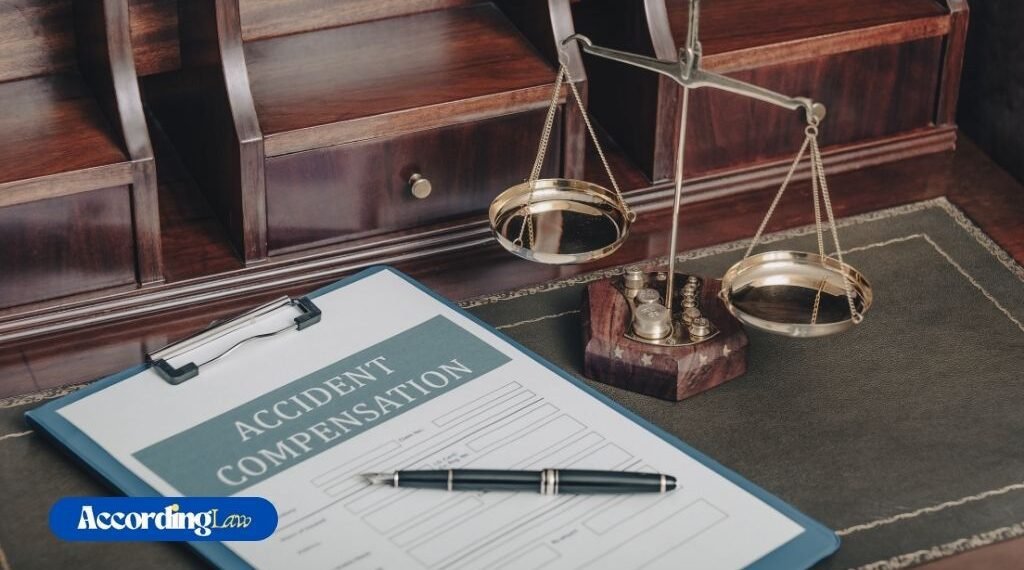Workplace PTSD is no longer an issue limited to military service—it is increasingly recognized across civilian professions where employees face repeated trauma or extreme stress. First responders, healthcare providers, and law enforcement officers are filing a growing number of claims. Workers’ compensation attorneys serving Phoenix and across the country are working to connect these psychological injuries to workplace duties. This shift is reshaping how mental health is treated under state law and within organizational policy.
Table of Contents
Defining Workplace PTSD in Professional Contexts
Post-traumatic stress disorder (PTSD) develops after repeated exposure to traumatic or life-threatening events. While the diagnosis was once most commonly associated with combat veterans, it is now acknowledged in professions where trauma exposure is built into the job. Unlike acute stress, PTSD involves long-term symptoms such as flashbacks, hypervigilance, and difficulty regulating emotions, all of which can directly impair professional performance and safety.
Explaining The Uptick In Claims
Legal Precedent and Policy Shifts
In recent years, more states, including Arizona, have taken important steps to recognize PTSD as a legitimate workplace injury, especially for high-stress professions. This means employees no longer have to fight as hard to prove that their trauma is real or connected to their jobs. Because systems are adapting to include psychological injuries, it gives legal teams a stronger foundation to file claims. For workers, this shift removes much of the stigma and skepticism that once surrounded mental health cases, making it easier to access the support and benefits they need.
Advocacy and Awareness
Professional advocacy groups and unions that serve first responders and healthcare staff have been instrumental in bringing this issue to the forefront. Backed by research showing that emergency medical workers experience PTSD at much higher rates than the general population, these organizations have made the problem impossible to ignore. Their efforts have given employees a stronger voice, helped validate their experiences of workplace PTSD, and pushed employers to take real steps toward prevention and support rather than dismissing mental health struggles as “part of the job.
Accountability
Employers now face both legal and reputational consequences if they fail to address mental health in the workplace. Hospitals, police departments, and fire services are implementing formal wellness programs, peer-support systems, and mandatory mental health training. These initiatives are designed not only to reduce liability but also to sustain workforce resilience in professions where staffing shortages already strain resources.
Professions Most Impacted
Implications for Employers and Employees
The recognition of workplace PTSD is more than a legal trend, it is a workplace health imperative. For employees, successful claims can provide access to treatment, financial stability, and workplace accommodations.
For organizations, acknowledging PTSD is both a compliance requirement and a strategic measure to retain skilled professionals in fields where turnover is costly and dangerous. Importantly, workers’ compensation attorneys serving Phoenix are emphasizing that these claims not only provide individual relief but also set critical precedents that push employers toward long-term mental health reforms.
Conclusion
Workplace PTSD claims highlight an evolving understanding of mental health in high-stress professions. With stronger legal frameworks, growing advocacy, and organizational accountability, PTSD is being treated not as a personal weakness but as an occupational hazard. As more employees pursue compensation and employers expand mental health protections, the workplace is gradually becoming a safer environment for those who dedicate their careers to society’s most demanding roles.


